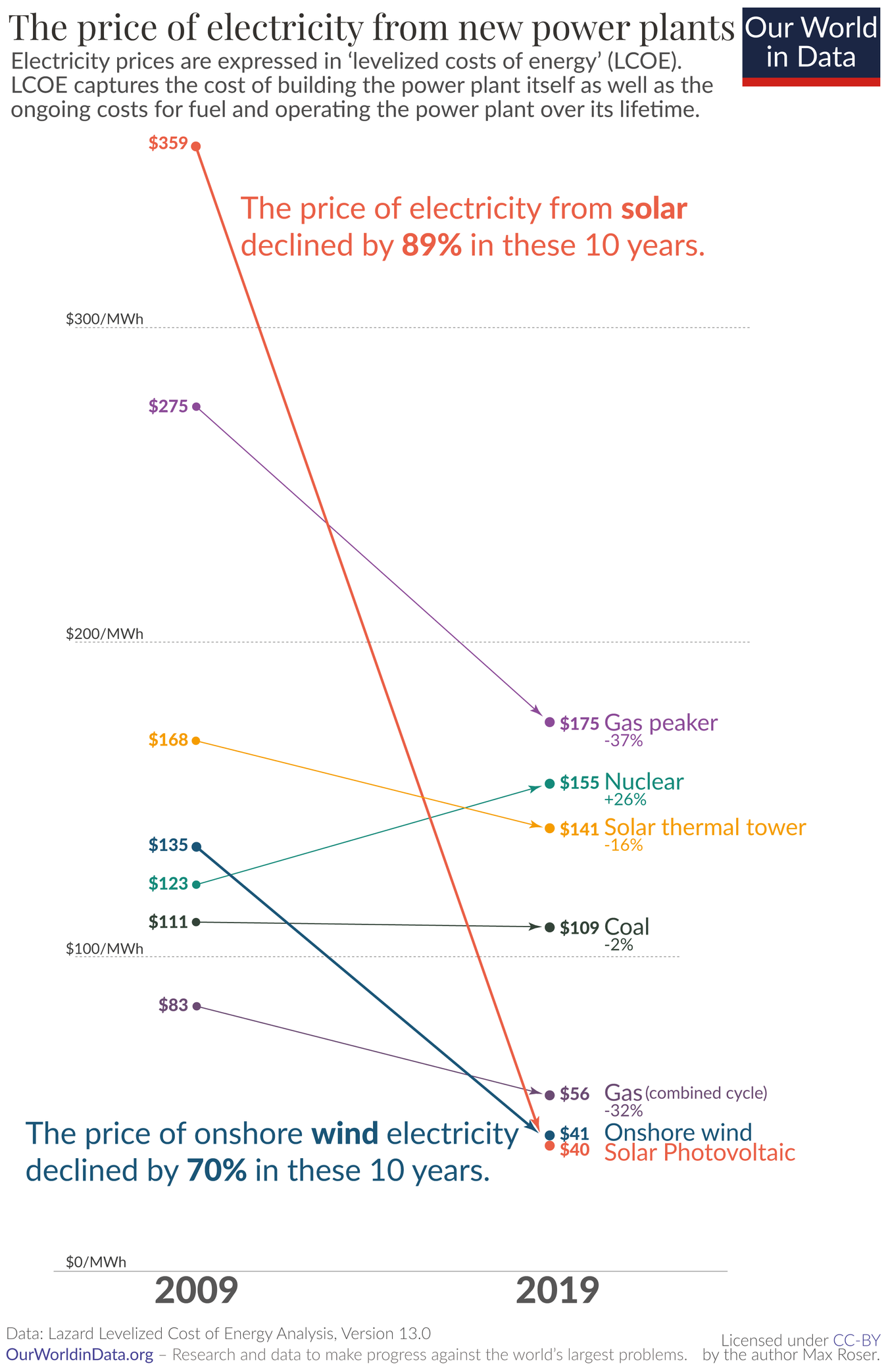Technology
This is the official technology community of Lemmy.ml for all news related to creation and use of technology, and to facilitate civil, meaningful discussion around it.
Ask in DM before posting product reviews or ads. All such posts otherwise are subject to removal.
Rules:
1: All Lemmy rules apply
2: Do not post low effort posts
3: NEVER post naziped*gore stuff
4: Always post article URLs or their archived version URLs as sources, NOT screenshots. Help the blind users.
5: personal rants of Big Tech CEOs like Elon Musk are unwelcome (does not include posts about their companies affecting wide range of people)
6: no advertisement posts unless verified as legitimate and non-exploitative/non-consumerist
7: crypto related posts, unless essential, are disallowed
view the rest of the comments

Then there's California where NEM 3.0 makes it less than worth while to install or upgrade your existing solar installation.
There's a lot more nuance to this than most people will admit.
Net metering is 100% unsustainable, when renewables become a big enough chunk of the grid generation mix, they often generate when no one needs the power. Forcing the grid to accept that power and even pay the homeowner a premium for it is a perverse incentive. Effectively what it does is allow solar array owners to avoid paying to maintain a grid they still use, and since the rich trend to go solar first, the poor are left holding the bag to maintain the grid for everyone.